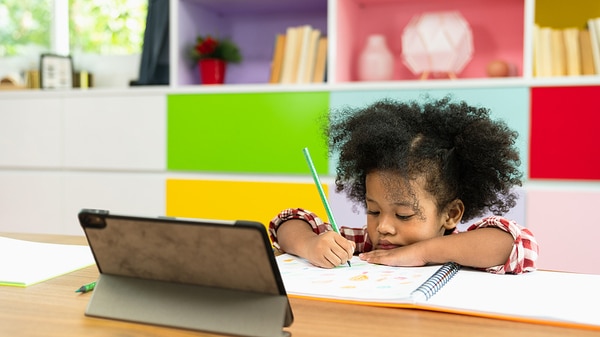While every family establishes their own rules around the internet, once kids go to school, it’s the administration that makes those decisions. Before kids head to school, here’s what you should know about their internet policies.
The Rules And Punishments
Start with what the rules themselves are. What’s expected of students when they walk in the door, and if they don’t meet those expectations, what will the school do about it? Is there anything you’ll need to discuss with your kids before they go to school this year?
Furthermore, if they come home with a note, what will your reaction be, and will the school expect you to do anything? It’s an important question, as punishments for breaking the rules need to be both educational and constructive. If kids don’t understand the reasons behind the rules, they’re less likely to respect them.
Education Around the Internet
Ask to see what the curriculum is around internet safety education. What are kids taught about double-checking their sources, for example, when they write papers? Are they allowed to cite any website, or do they have to demonstrate the credibility of that site?
Bullying is another point of concern that will need to be addressed. Ask to learn how kids will be taught to spot and prevent cyberbullying, either when it’s done against them or against their classmates.

Expected Screen Time
Schools are rapidly changing how they use technology. Some have instituted a “bring-your-own-device” (BYOD) policy, while others may restrict students entirely to school devices, with possible exceptions for recess and study hall. Talk to your child’s teachers to get a sense of how much screen time is allowed outside of class and how much is expected inside of it. You may also need to weigh this against how much screen time is allowed at home.
This is also a good time to communicate your personal expectations for your children. While teachers can’t be expected to enforce every possible rule you have in your classroom, making them aware of what you expect from your kids will help you both to work together to address any problematic behavior that might emerge. Tell them what apps and games are banned, even during personal time.
Technology In Use
At home, there’s parental control software, filters, and operating-system-level controls. Schools, however, may use their own custom technology package to perform the same job. Or, depending on the rules in your household, the system may be more permissive than you might prefer. Learn how everything is enforced, technologically speaking.
Obtain a list of websites and other resources kids will be expected to access during school hours and whitelist them on your parental control software. This will limit problems upfront and also give you a sense of what’s expected.
As the world changes around us, it’s important to give kids clear, controlled opportunities to spend time online. To learn how parental control software can help, try it for free!


Join the conversation